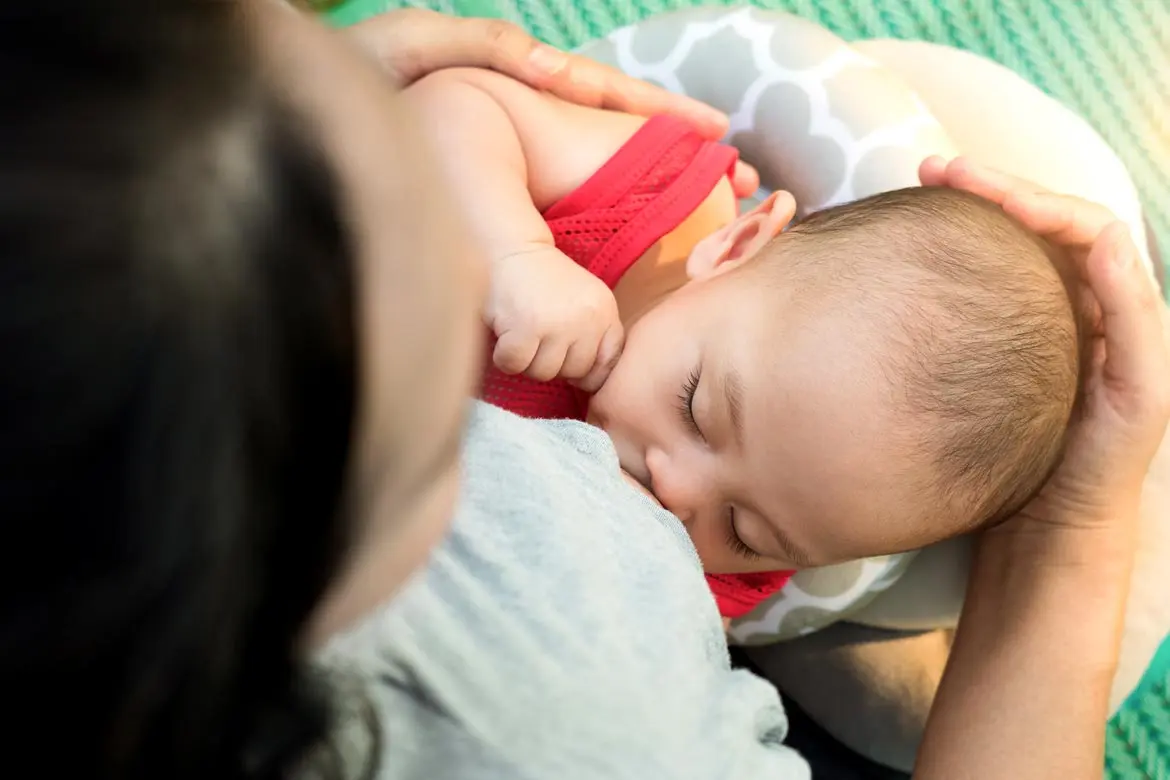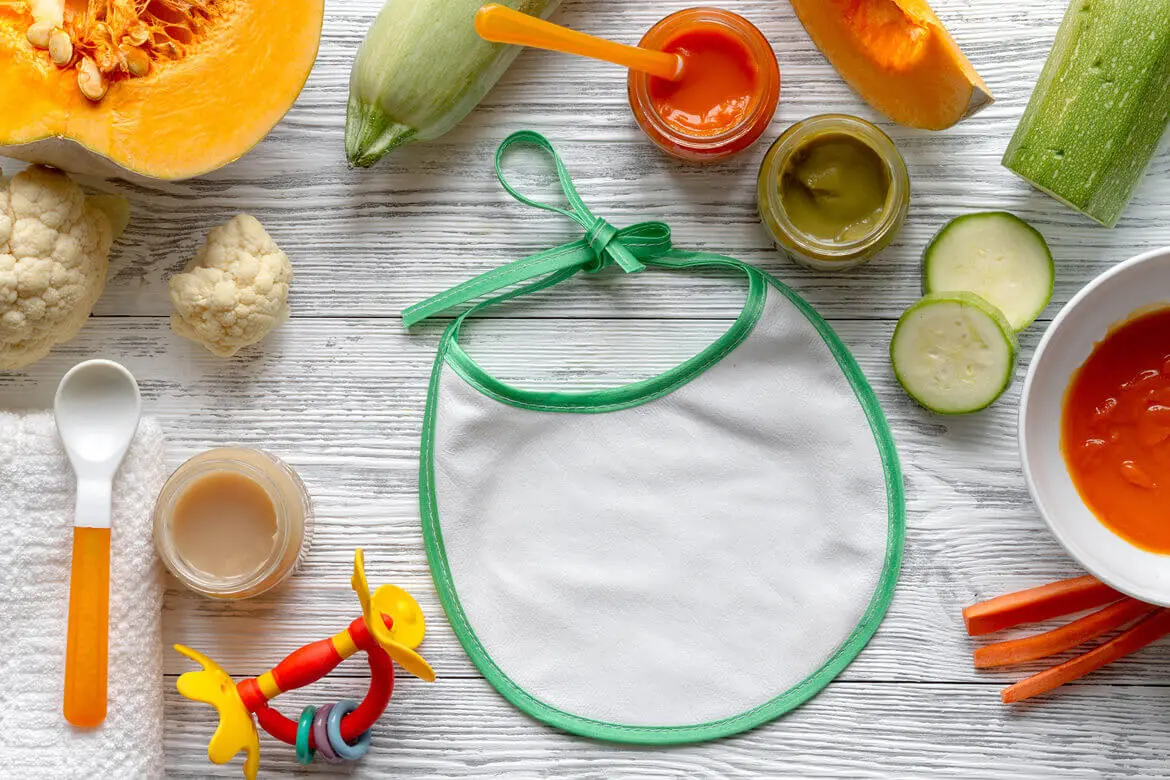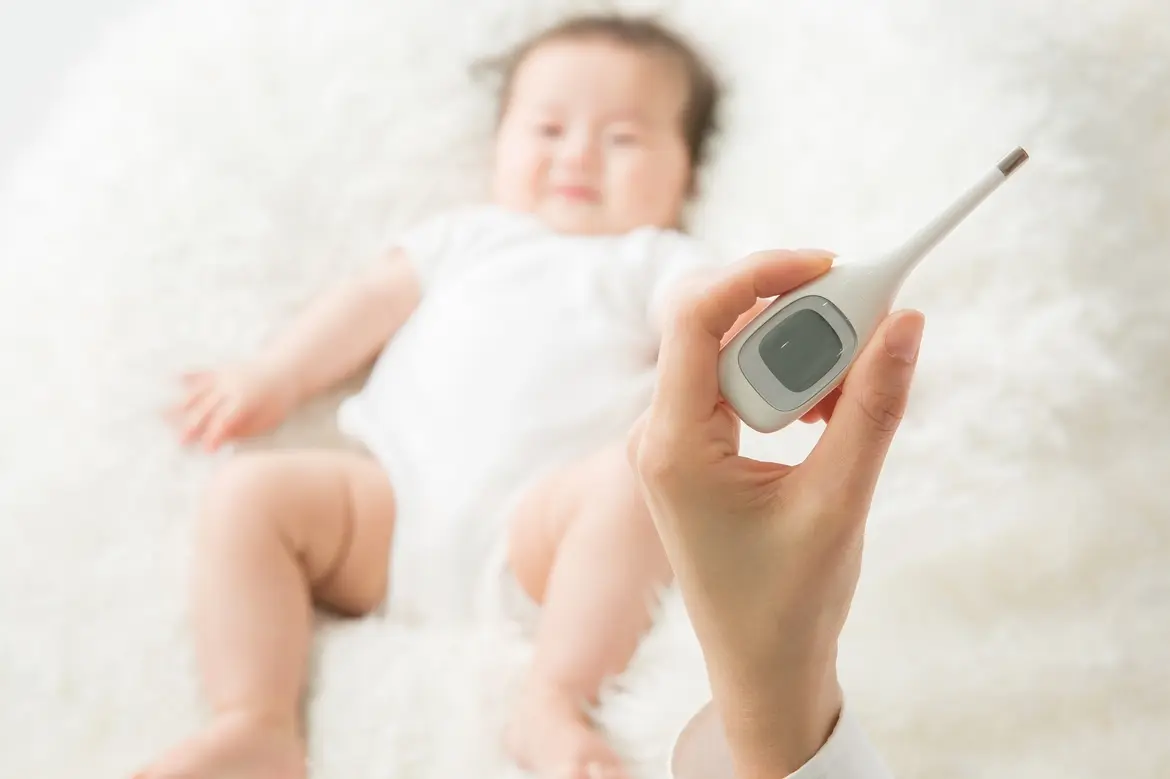Welcoming a baby into your life may be exciting, but we'll also be the first to admit that navigating parenthood can be a challenging experience with countless questions and worries all centred on making sure that baby grows up happy and healthy.
Paediatrician Dr Petrina Wong helps put things into perspective with answers to some commonly asked questions.
Preventing Illnesses
1. Is there a difference where my child gets vaccinated at?
Vaccines are available in polyclinics, general practitioner clinics and paediatric clinics in Singapore. There may be some variations in the brand of vaccines offered, and the scheduling of when baby takes the jabs. Also, not all clinics offer some of the optional vaccines, such as vaccines against meningococcal infection or Japanese encephalitis.
Factors that parents could consider in deciding where your child gets vaccinated include: distance/convenience from your house, comfort level with the doctor/clinic, and cost. For most babies and children, visits to the doctor for vaccines are usually paired with growth and developmental checks.
2. What are some optional vaccines that parents should consider?
Vaccines that are optional but encouraged are the Rotavirus vaccine and influenza vaccine.
The Rotavirus vaccine is an oral vaccine that is given to young babies before they turn 6 months old. This helps to protect them against the 'stomach flu-causing' Rotavirus which causes bad diarrhoea, fever and vomiting in their early years as they grow up.
The influenza vaccine is an injection that is recommended for babies older than 6 months old, children and adults. This helps to protect against the seasonal flu which can occur all year round, but often peaks in the middle and end of the year. It has to be renewed yearly or in some years, every flu season. Influenza infection can be more serious than the common cold, so it is important to consider having this protection for the whole family. During this COVID-19 period, it is particularly important to get protection against the influenza virus, as COVID-19 symptoms and influenza can be very similar.
3. What can parents do to minimise the risk of their children catching virus from other babies in infant care?
Hand hygiene is important for caregivers looking after a baby. Parents should check the overall hygiene standards of the centre that your baby will be enrolled in.
Factors to consider are: the number of babies in the centre, the staff-to-baby ratio, overall cleanliness of the place especially the area where food/milk is prepared. Bring along personal items for your baby’s use whenever suitable, and avoid contact with anyone who is unwell. It also helps to give baby a bath and a fresh change of clothes upon reaching home.
4. How can we keep baby safe while introducing him/her to family and friends?
Having a newborn in the family gets everyone excited. But having many visitors in contact with baby can increase the chances of baby falling sick from germs and also disturbs the much needed rest for both mummy and baby. A baby's immune system is still developing in the first few months of life, and as baby hasn't had many of their vaccinations yet, try to limit the number of visitors in close contact. Particularly, avoid kisses or visits from anyone who has travelled recently or is unwell.
Regular handwashing and mask wearing is also important to keep germs at bay.
5. Should parents avoid kissing baby?
Parents are encouraged to hold babies close to build a bond and for babies to be comforted and loved. With regards to kissing, you should not kiss baby if you have a cold sore (herpes virus infection) as this can be a very dangerous disease in babies. If you are feeling unwell with a cough, cold, or fever, it is also important to take precautions and avoid close contact with baby as there is a chance of spreading your germs to baby. Avoid having strangers kiss baby as baby's immune system is still developing in the first few months of life and the risk of catching infections with close/direct contact like kissing is higher.
Feeding Your Baby
6. How much milk does my baby need and when do we increase the amount of milk?
Newborn babies need to feed 8 – 12 times a day, and the amount ranges from 60 – 90ml per feed. As a guide, a 4-month-old can take about 120 – 180ml of milk about 6 – 8 times a day. From the age of 6 months, after solid foods have been introduced, most babies can still take at least 500ml – 750ml of breast milk or formula milk a day. A useful reference is the Health Promotion Board’s feeding/weaning guide for parents. Cow's milk shouldn't be given until your baby is 1-year-old.
7. When can plain water be introduced?
Plain water is not needed for the first 6 months as breast milk and formula milk both contain adequate water for your baby. At 6 months of age, most babies will start weaning (taking diet), and some water can be given at this stage. Baby can take up to 60 ml of water per 24 hours with milk intake of at least 500ml – 750ml each day.
8. How do we 'burp' a baby?
There are a few simple ways to burp a baby; either over your shoulder, or on your lap while supporting baby's chin. The idea is to keep the baby in a more upright position to allow trapped gas in the stomach to come out. It's okay if the baby doesn't make that distinctive 'burp' sound, just keep them in an upright position for at least about 15 minutes after a feed. This will help prevent spit-ups and regurgitation. Babies who are 'latched' tend to have less 'trapped' air than babies who are bottle fed.
9. Should I increase the amount of milk in each feed so my baby can sleep through the night?
If your baby is more than 6-months-old, you can consider slowly weaning off the night feeds if growth and development is okay. Offer a milk feed before sleep, and if your baby is taking solids, a meal at dinner time can help to fill them up for the night too. Breastfed babies tend to take a little longer to wean off the night feedings compared to formula fed babies.
Sleep Training
10. How long do babies take to sleep?
Babies cry for different reasons: if they are over stimulated and over tired, the crying at sleep time may be longer and it becomes more difficult for baby to settle down. Try to read your baby's cues of tiredness, and you can also go by the timing as to how long baby has been awake for, to decide when baby needs a nap. If you can avoid over tiredness, and your baby is comfortable for sleep (not hungry, no dirty diapers) it shouldn't take longer than 15 – 30 minutes for your baby to settle down and fall asleep.
11. Will a different sleep habit at 1 month of age affect sleep training later on?
Sleep training is not recommended at 1-month-old as your baby still wakes for feeding, diaper changes, or comforting. Settling a baby's wants and needs at this stage does not affect sleep training later on as your baby grows bigger.
12. Routines are great for babies. But how do we stick to one while responding to the needs of a crying baby?
Routines are important for babies and children so they can expect what comes next. It helps with settling them down to sleep once you have a regular bedtime routine in place. For young babies, we do not recommend leaving your baby to cry it out, as you need to ensure baby is safe, not in any discomfort, and not unwell. Responding to a baby's cries does not necessarily mean disrupting the routine.
13. When would you recommend babies to sleep on their own?
The sleeping arrangements for babies differ for every household. Babies can sleep on their own from the age of 6 months, if preferred. If space is a concern, it is okay to have your baby in the same room as you. Just remember to keep the bedroom cool, dim and quiet when it's time for sleep.
14. At what age is Sudden Infant Death Syndrome (SIDS) less of a risk?
The risk of SIDS is highest in a baby's first year, especially in the first 2 – 4 months of life. The most important factor that researchers have discovered to protect babies from SIDS, is to place baby on their back to sleep. Risk factors for SIDS include: male gender, low birth weight, positive family history, passive smoke exposure and bed sharing.















